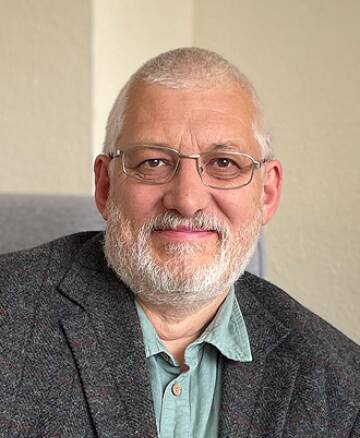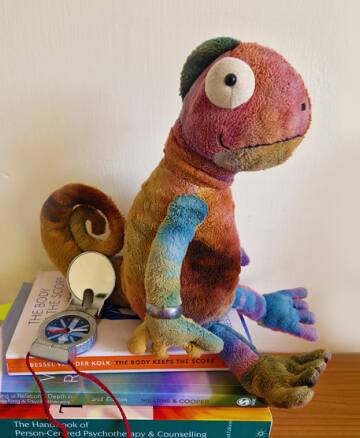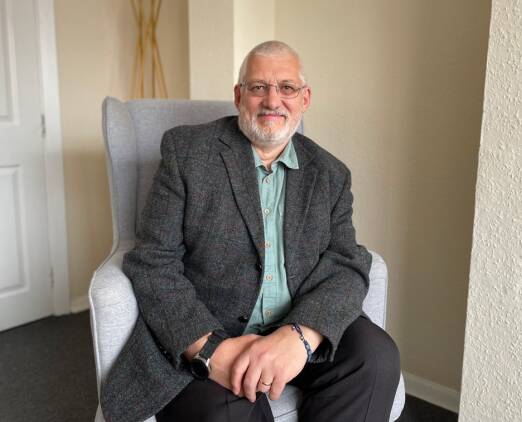
About Stuart Henderson, Counselling Therapist
Having started my working life in industry, I decided to focus on my psychological wellbeing first by studying Psychology and then continuing my personal development by training as an Integrative Counselling Therapist. I now have many years' experience in supporting clients on their life journey, within the third sector and the NHS.
Using an integrative approach, we can work together to decide on the best ways to answer the questions that brought you to therapy. I have a down-to-earth and collaborative approach where we will create an environment that is unique to your needs. Whatever you bring into our session we can explore in a safe, confidential and non-judgemental way.
I offer a free initial consultation over the phone. Thereafter, sessions are £50 per 50 minutes. Concessions available for low waged.
Qualifications and Accreditations
BSc Psychology
Diploma in Therapeutic Counselling
DBS enhanced certificate C3753655201
Member of British Association of Counsellors and Psychotherapists (MBACP) 398666

Why Chameleon Counselling?
Colin the Chameleon (pictured right) sits with me on my desk and has been with me through all my therapeutic training and since the inception of Chameleon Counselling.
If there is one thing that we know about chameleons, it is their ability to change colour.
Until recently it was thought that they did this to camouflage themselves, however new research has found that chameleons change colour based on their emotions. In a relaxed state, they appear green or brown. When they’re excited or agitated they turn red and yellow. When chameleons are feeling submissive, they’ll turn a darker colour.
Just like a chameleon’s skin, our ways of thinking and our emotional responses can change. This neuroplasticity means that we can learn, change and develop different responses at any time in our lives. And whatever has happened to us in the past does not need to affect our future.
For me the chameleon represents our ability to learn to understand our sensations and feelings, and to move forward with a better idea of our emotional selves.
By talking in a safe and nonjudgemental environment we can begin to accept ourselves as we are. By recognising our emotions and learning to deal with them in a healthy way we can find our way to our best and more contented life.





